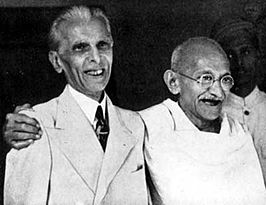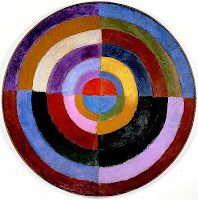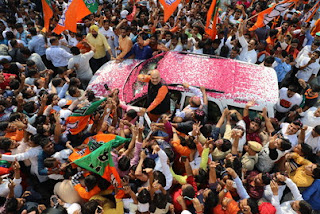NEHRU IN OUR EYES - A TRUE PATRIOT

Mukesh Devrari Surely, many of us are not agree with many of the decisions and policies of Nehru. Some of us might have the notion that India would have done better without the socialist bias in the policies of the Nehru government immediately after independence. Few of us hate Nehru’s commitment to the idea of ‘socialist pattern of society’. Others hate him as he was not socialist enough. Hindu nationalist despise Nehru as he was committed to the idea of secularism. Nehru with Edwina Mountbatten Hindu nationalists feel Nehru should have learned from Pakistan how to treat religious minorities. They still want Muslims should be treated similarly as Hindus are being treated in Pakistan. Ultra Hindu nationalists outrightly reject the partition of India on religious lines, but they also claim that once it was accepted it should have been absolute. No Muslim should have been allowed to stay here, no Hindu needed to stay in Pakistan. The list of grievances against Nehru do









